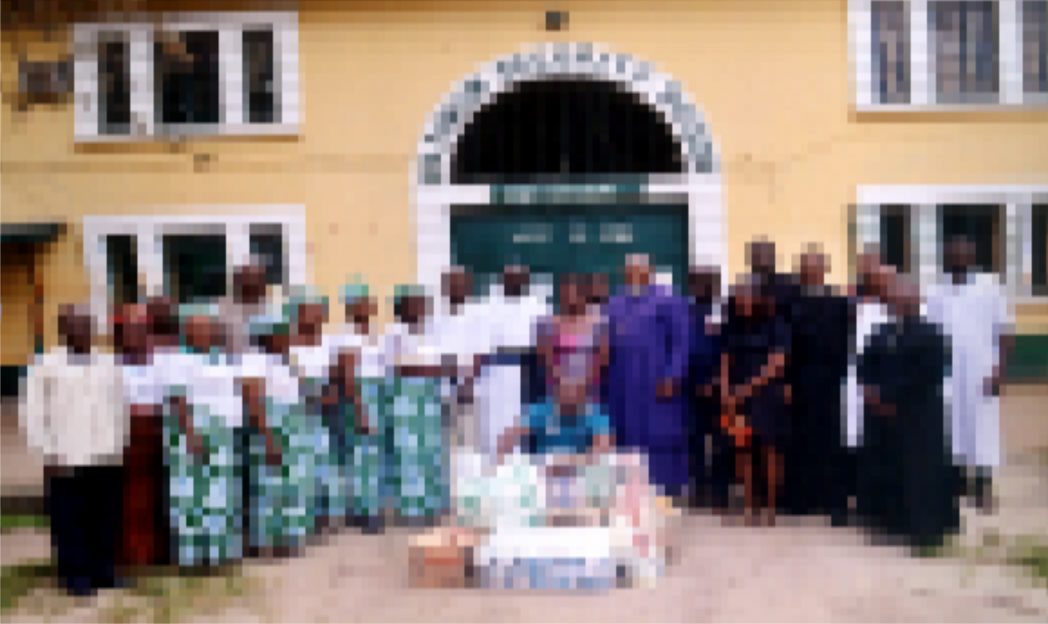Niger Delta
HOS Urges Perm Secs To Maintain Transparency, Effectiveness
The Head of the Civil
Service of the Federation, Mr Danladi Kifasi, has urged permanent secretaries to maintain transparency and effectiveness in their procurement processes.
Kifasi gave the advice at the 6th Annual Procurement Retreat for Federal Permanent Secretaries, held in Uyo recently.
He said that in the face of dwindling resources, the nation could not avoid to waste its revenue through corrupt procurement processes.
According to him, as accounting officers, the permanent secretaries must ensure that every naira of the federation goes far to bring development to the people.
“In an environment of dwindling economic resources, effective procurement is vital.
“We need to ensure that every naira goes as far as it can to delivering development to our people.”
He emphasised that permanent secretaries would be held responsible for any corrupt practices which might occur during procurement processes in their respective ministries even after retirement.
The head of service said that Section 20 of the Public Procurement Act 2007 vested the responsibility for compliance on the accounting officer.
He said that the country’s procurement reforms embarked upon by Mr President had been appreciated for attracting foreign investments into the country.
In her remarks, Mrs Akon Eyakenyi, Minister of Lands, Housing and Urban Development, said that the culture of transparency and accountability should be embraced in conducting government’s business.
She said that the implementation of procurement reforms had reduced waste and ensured efficiency and effectiveness in public expenditure.
The minister urged the permanent secretaries to work with ministers to ensure that all actions taken were in line with due process.
She charged them to guard against frictions with their ministers during procurement processes.
Gov. Godswill Akpabio of Akwa Ibom, who declared the event open, said the procurement reforms of the Federal Government had entrenched due process in the award of contracts.
Akpabio, who was represented by the Deputy Governor, Mrs Valerie Ebe, said that before the enactment of the Procurement Act, corruption in procurement accounted for 70 per cent of government’s budget.
Niger Delta
Oborevwori Launches Medical Outreach For Children With Special Needs

Niger Delta
UniCal Commits To Nursing Education Dev In C’River

Niger Delta
Agency Demolishes Illegal Roadside Structures In Delta N8 by … Clears Street Traders

-

 Sports5 days ago
Sports5 days ago2026 WC: Nigeria, DR Congo Awaits FIFA Verdict Today
-
Politics5 days ago
ADC, PDP, LP Missing As INEC Set For By- Elections In Rivers
-

 Environment5 days ago
Environment5 days agoOxfam, partners celebrate 5 years of climate governance programmes in Nigeria
-

 News4 days ago
News4 days agoVictory Over Insurgency Certain, Tinubu Assures
-
Politics5 days ago
FG’s Economic Policies Not Working – APC Chieftain
-

 Politics5 days ago
Politics5 days ago2027: Diri Unveils RHA LG Coordinators, APC Congress Panel
-

 Politics5 days ago
Politics5 days agoReps To Meet,’Morrow Over INEC’s 2027 Election Timetable
-

 Politics5 days ago
Politics5 days agoGroup Continues Push For Real Time Election Results Transmission


